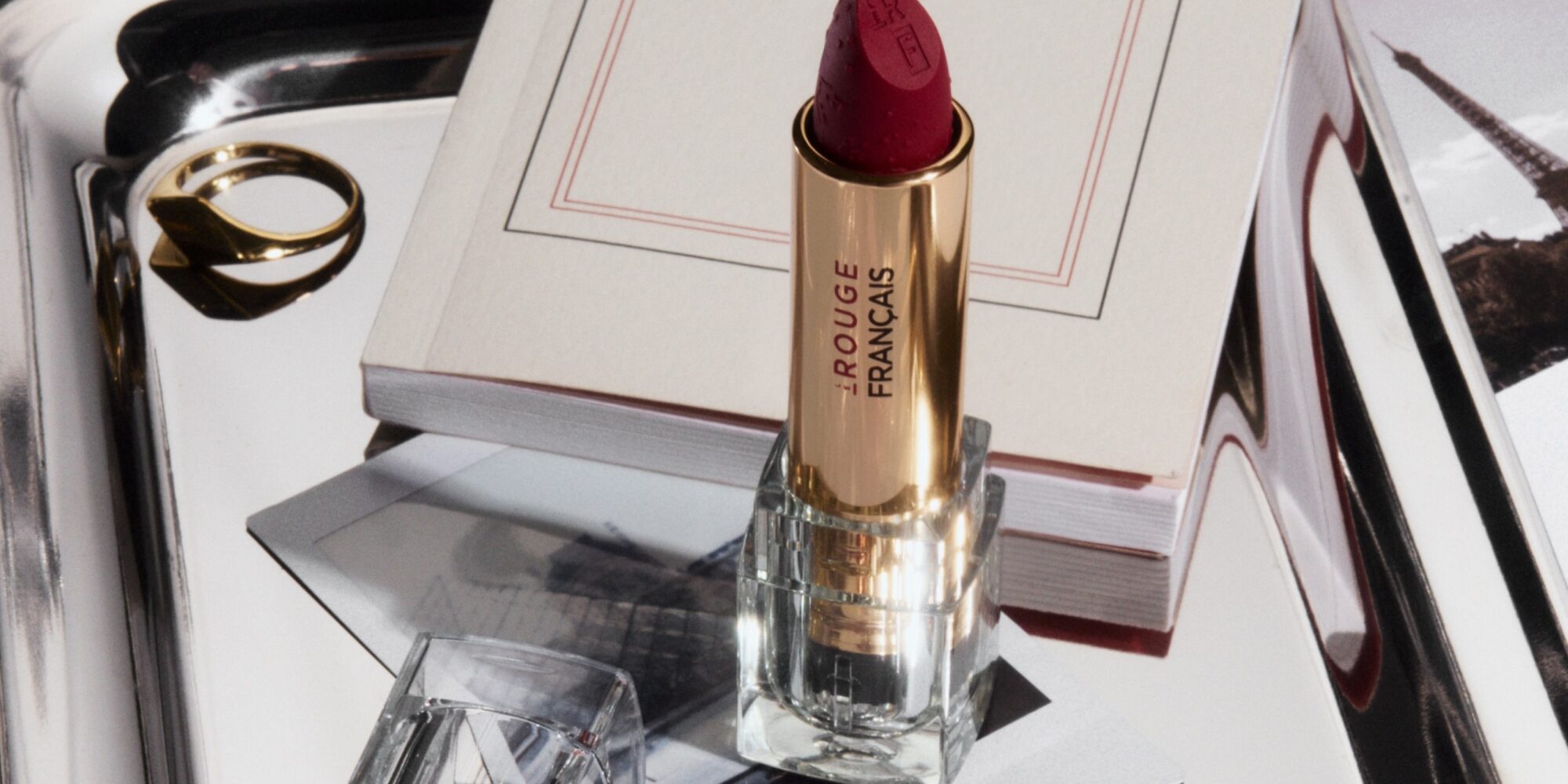
Credo Beauty Says Oui To French Beauty With New Capsule Collection
With its high-touch customer education and ingredients focus, Credo Beauty may be one of the United States’ closest approximations of a French pharmacy—and now it’s leaning into that distinction with a new French beauty capsule assortment.
Launching Tuesday in advance of Bastille Day on July 14, the assortment contains eight brands—Odacité, Doré, Maison Molle, Biotyspa, Bastille, Le Rouge Francais, Verdoie and Bonjout—the latter three of which launched at the clean beauty retailer with it. The assortment is being displayed on tables at the front of Credo’s 15 stores, and the brands are on its shelves. In addition, the retailer will be featuring its French edit in email marketing and store windows for the month of July.
Jessica Trieber, VP of brands at Credo, says, “We’re always trying to find ways to break through the noise, offer something our customer can’t get anywhere else and really, more than anything, be a place of discovery.”
The idea for the French beauty assortment emerged late last year when Credo clocked a surge in TikTok content on French pharmacy hauls. The hashtag #FrenchPharmacy amassed over 273.4 million TikTok views from August 2023 to March 2024, according to social media monitoring tool Visabrain. Prior to that, the publication Euronews reported it garnered 130 million TikTok views.
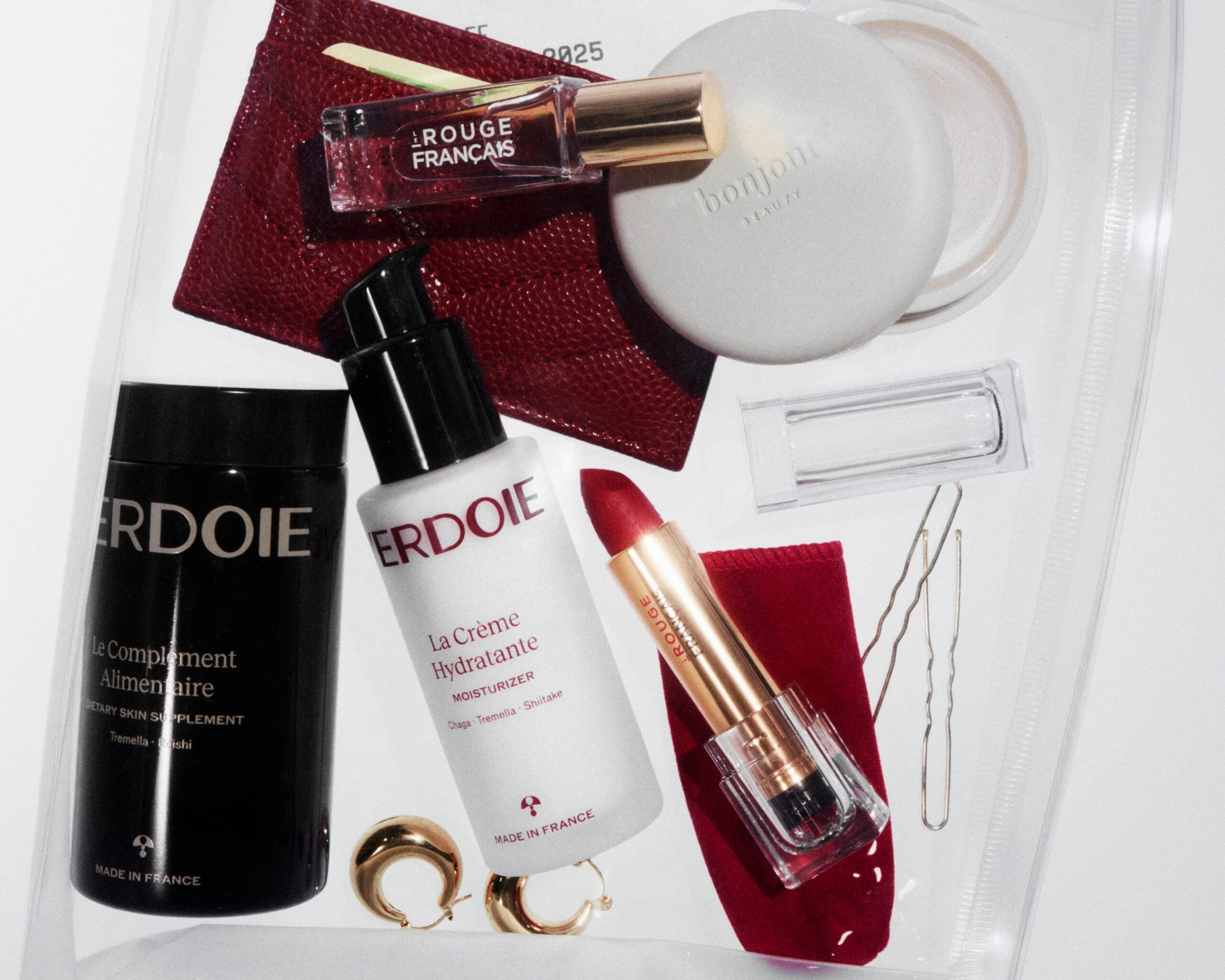
“There is this romanticizing and people discovering places that very much have been around, but probably haven’t been as promoted on social media,” says Trieber. “So, they’re able to, through social media, specifically TikTok, have a window into a world that a lot of people haven’t seen up until now. Also, beauty has been so on fire [on TikTok], and this is an alternative to a Sephora haul.”
Providing its take on the TikTok phenomenon, Credo could attract gen Z shoppers, a demographic that has historically not been its target. The NextWorld Evergreen-owned retailer’s core customers are metropolitan, affluent millennials and gen Xers. It has 15 stores across California, Colorado, Illinois, Texas, Massachusetts and New York. Its 16th store is set to open soon in Portland, Ore.
Trieber says, “The core demographic that we probably go after is not the demographic that maybe a Sephora is going after, and so we do have a consumer that knows what she wants, but I think she does still have her finger on the pulse and is still seeing all of the social media and the TikTok trends and then adapting the pieces that make sense.”
Simultaneous with French pharmacy hauls exploding on TikTok feeds, Credo was fielding increased interest from French-affiliated emerging brands in getting on its shelves. Trieber says many of the brands have a new twist on classic French beauty themes around time-tested, effective ingredients and simplicity by driving clean, sustainable products and messages.
For example, started by Natacha Bonjout, who previously worked for makeup manufacturer Chromavis and natural ingredient supplier Naturex, Bonjout’s single product is Le Balm, a versatile solid serum housed in recyclable, refillable packaging. Powered by mushrooms, Verdoie crosses wellness and beauty with its debut duo of skincare supplement Le Complément Alimentaire and moisturizer La Crème Hydratante. The brand’s founder Sonia Gaillis-Delepine was formerly DSM-Firmenich’s global digital communications and social media manager.
“There are more people discovering us because they’re actively looking for more choices.”
Founded by biotechnology engineer Élodie Carpentier and her husband Salem Ghezaili, Le Rouge Francais modernizes the effortless red lip associated with French women with red lipstick formulated with plant-based pigments. It has patented a process for extracting and infusing the coloring and biological properties of natural ingredients into its products.
Credo has been jumping back into new brands in a big way following a pause on them. On top of the French beauty brands it’s brought in, among the brands it’s brought in this year are Atmo, Emma Lewisham, Sakara, AKT, Koba and Mimikai. All told, its assortment contains roughly 130 brands, and 15 are new to it this year so far.
Trieber extols that the brands Credo has picked up are exceeding their sales expectations. She points out it helps that the retailer spotlights them via dedicated emails, social media mentions, store staff trainings and events. She says, “They’re given the same amount of airtime as these larger brands, which I think, one, signals to the customer that we think they’re equally important, but also just gives people an opportunity to really get to know them despite their size.”
In line with the beauty industry as a whole, Credo has experienced heightened sales traction this year in fragrance, body care and haircare. The French beauty edit is part of a monthly initiative it has concentrating its marketing and merchandising moments on a specific topic. In June, it was haircare. Next it will be cosmetics.
In the decade since it opened its first store in San Francisco, Credo has been a major catalyst for the broader adoption of clean beauty both by consumers and the beauty industry generally. However, similar to most business concepts at the bleeding edge, it’s faced challenges as what made it novel becomes mainstream.
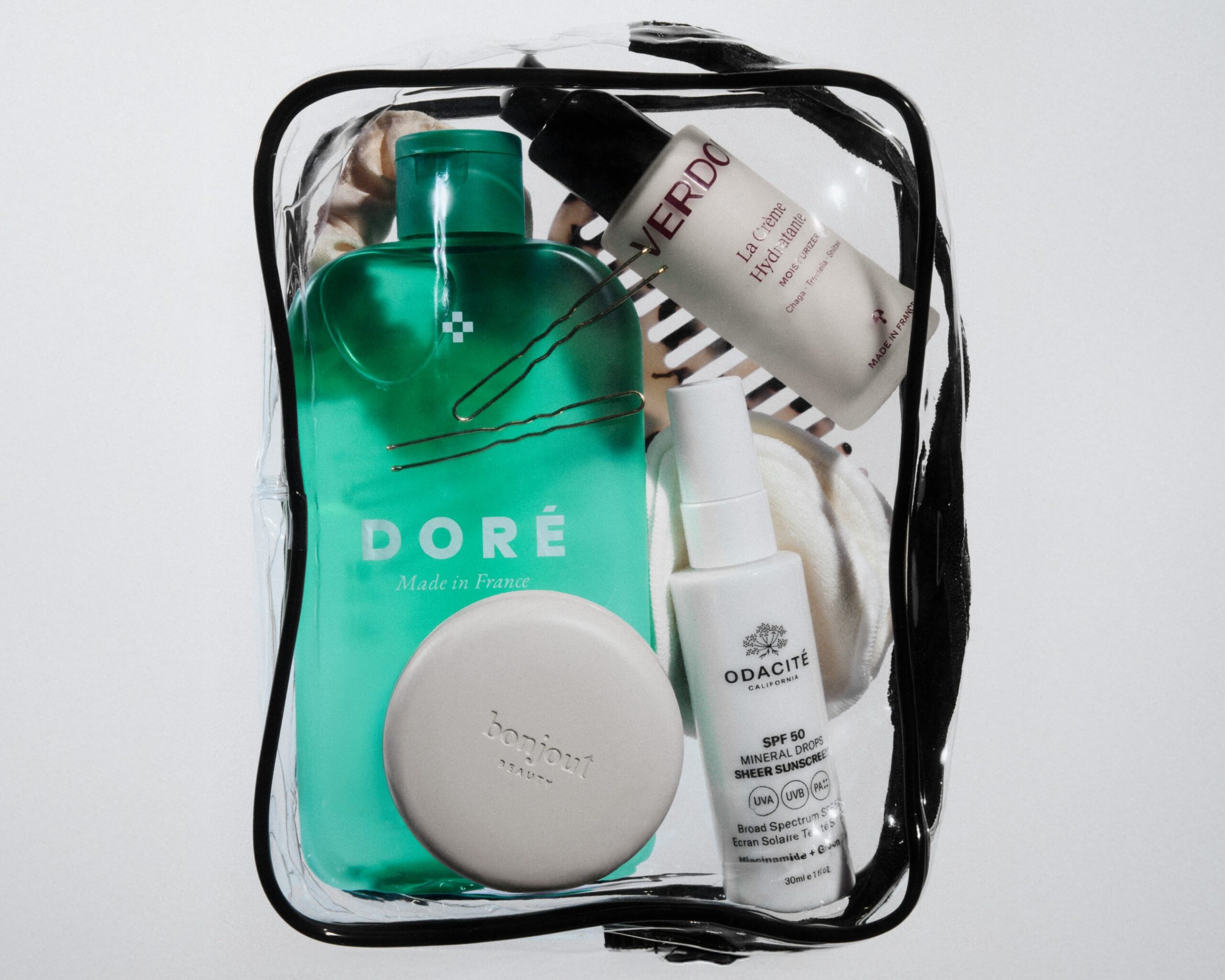
There’s been feverish competition in clean beauty. It’s become practically synonymous with beauty as its original ingredient no-gos like parabens and phthalates have been excised from an inordinate number of products. Relatedly, some legacy brands in the segment have stumbled. However, of late, trends for so-called ancestral ingredients like beef tallow and a wellness culture that’s expanded from the coasts to middle America are elevating clean beauty notions, if not the verbiage, to prominence again.
Acknowledging the term “clean beauty” lost equity as it spread, Trieber says, “There has been a lot in the political sphere around health and wellness, and it is leading to more discourse.”
She continues, “There is more information out there than ever before, and I do think it’s leading people to be more conscious of what they’re putting on their skin and also what they’re putting in their bodies. And supplements have also been rising, and so there are more people discovering us because they’re actively looking for more choices.”


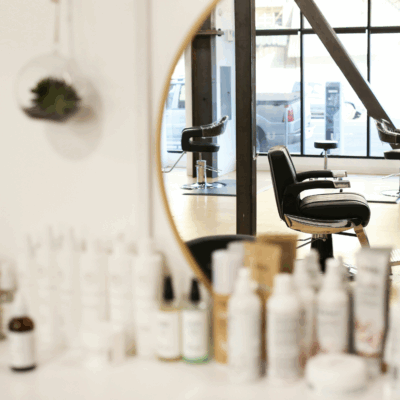
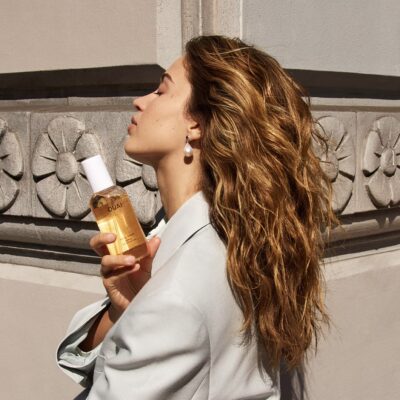
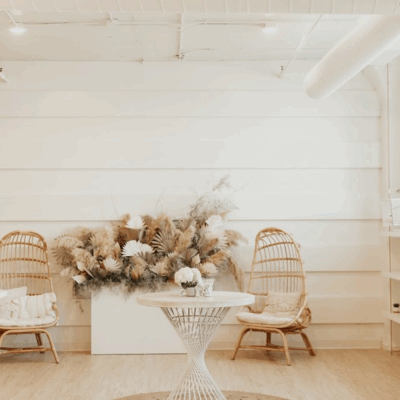
Leave a Reply
You must be logged in to post a comment.